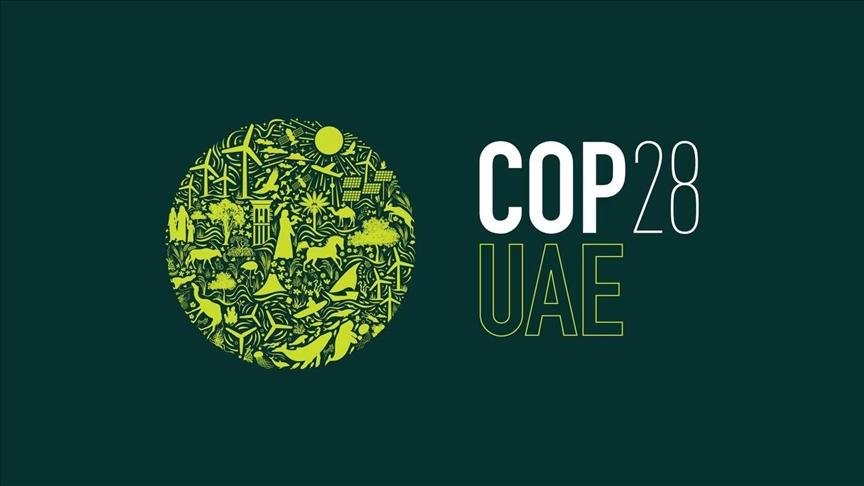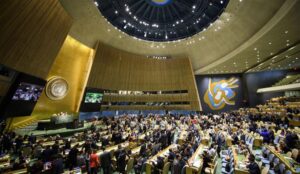With several advance versions of the final Global Stocktaking text and widespread hope for a new chapter that will benefit people and the planet, the United Nations Climate Change Conference, COP28, concludes here today.
The call to find a consensus on fossil fuels marks the closing of COP28, in which the UN Secretary General, António Guterres, affirmed on Monday that his success depends on reaching an agreement on the issue, although this process will be carried out at different speeds depending on each country.
Guterres said that «ministers and negotiators must go beyond arbitrary red lines, entrenched positions and blocking tactics», and urged countries to «negotiate in good faith and rise to the occasion».
He stressed that in a fractured and divided world, COP28 can demonstrate that multilateralism remains the best hope for addressing global challenges.
The meeting is due to present the document that will guide climate policy in the coming years, after two weeks of negotiations and drafts, about which it was commented on the penultimate day that it avoids any reference to the gradual elimination of fossil fuels, the main cause of climate change.
Instead, according to initial reactions, the Global Stocktake is softer and speaks only of «reducing both consumption and production of fossil fuels, in a fair, orderly and equitable way, in order to achieve the goal of zero net emissions by 2050 or thereabouts, in accordance with scientific knowledge». If the agreement to end fossil fuels materializes, it will be the first time a COP has directly addressed this issue.
COP28 could also be the first COP that began to concretize climate finance and the climate loss and damage fund, although not in a comprehensive manner.
There are still countries, such as those in Africa, that are demanding concrete actions for financing adaptation on the continent. All this without forgetting that financing must be more equitable and fair.
For the executive secretary of UN Climate Change, Simon Stiell, greater climate ambition means more jobs, a healthier economy, stronger economic growth, less pollution and better health.
Between November 30 and December 12, more than 70,000 people gathered in Dubai to attend a momentous event for the future of humanity that started off full of hopes and contradictions, after a year marked by increasingly severe climate extremes, so many are hoping to see the most important climate pact since the Paris Agreement come to fruition.




